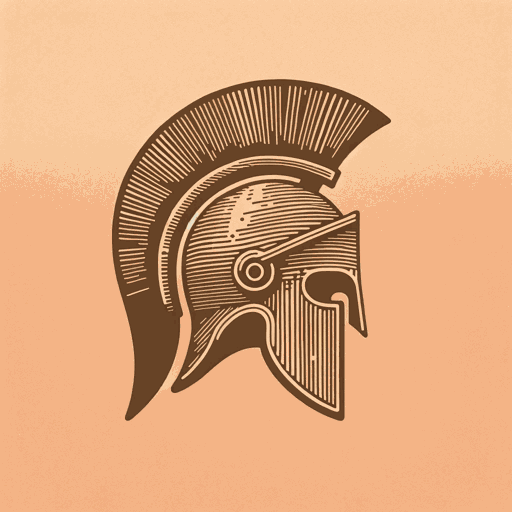39 pages • 1 hour read
Barry StraussThe Trojan War: A New History
Nonfiction | Book | Adult | Published in 2006A modern alternative to SparkNotes and CliffsNotes, SuperSummary offers high-quality Study Guides with detailed chapter summaries and analysis of major themes, characters, and more.
Important Quotes
“Spectacular new evidence makes it likely that the Trojan War indeed took place. New excavations since 1988 constitute little less than an archaeological revolution, proving that Homer was right about the city.”
(Pages 1-2)
Strauss predicates his review of the Homeric account of the Trojan War on archaeological evidence that has come to light over the past twenty years. Not only has ancient Troy been discovered, but there is evidence of multiple strata of Trojan history, including evidence of substantial fires and violent conflict at the settlement level Troy VIi, circa 1210-1180BCE, around the time of Homer suggests that the Trojan War occurred.
“The Greeks were the Vikings of the Bronze Age. They built some of history’s first warships.”
(Page 2)
The Greek facility with sea power allowed them to raid Troy’s allies and gradually weaken their opponents both in the Homeric epics and according to the archaeological evidence Strauss presents. Despite the majority of the action of The Iliad taking place on land, sea power is an essential force in the epic. The stalwart Trojan fortress contrasts with the mutability of the Greek seafarers. Strauss figures the logistics of the Greek landing at Troy in far more familiar terms, comparing the onset of the Trojan War with the D-day landings. Despite the trouble that the Greek warlords have in sailing home again, famously charted in The Odyssey, it appears that these sea raids contributed to the destabilization of Bronze Age citadels.

